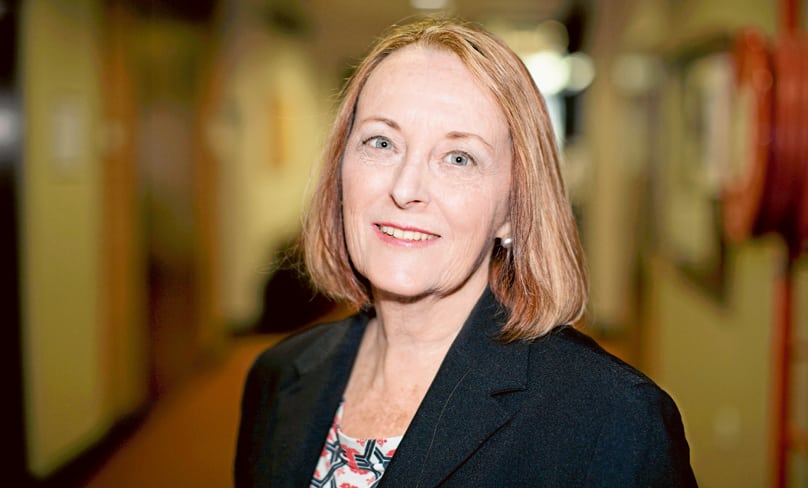
Expert points to element of social contagion in legislation
A Professor of Bioethics at the University of Notre Dame, Margaret Somerville, is calling the spread of euthanasia legislation around the world akin to an extremely dangerous ‘slow moving pandemic’ – not unlike the COVID-19 pandemic at large.
“It seems to be infectious – one jurisdiction after another – and the carriers of that information is the pro-euthanasia lobby,” she told The Catholic Weekly.
“They believe they are doing something good and that it is a compassionate, merciful response but [euthanasia] is extremely dangerous at a societal level.”
Professor Somerville’s comments come in response to the most extreme euthanasia legislation to date in Australia to be presented to the Tasmanian Upper House in August through Independent MLC Mike Gaffney.
Gaffney’s Tasmanian ‘End-of-Life-Choices’ Bill, which models itself on similar legislation in Victoria and Western Australia, takes an extreme turn where, unlike euthanasia legislation on the mainland, there is no proviso requiring terminal illness within the next 6-12 months as a criteria for euthanasia.
Instead, in Gaffney’s Bill, euthanasia is defined as: “a disease, illness, injury, or medical condition of the person that is serious, incurable and irreversible.”
“This definition would open the door for people with conditions such as Type 1 Diabetes or Chronic Asthma to meet the eligibility criteria,” said Ben Smith of Live & Die Well – a Tasmanian group advocating for better palliative care as a euthanasia alternative.

“Tasmania has above average in the highest percentage population with chronic illnesses and highest percentage of the population with disabilities. We are a vulnerable population,” he said, noting the state’s population, on average, the most elderly and vulnerable in Australia.
‘Live & Die Well’ is hoping to either block the bill or force substantial amendments mandating increased provisions for palliative care.
He warned the Bill could slip through Parliament under the distraction of the coronavirus pandemic.
“The bill has not been properly thought through. The COVID-19 lockdown period has been a major distraction to members of the public and medical professionals, [and] has limited their bandwidth to scrutinise the bill.
“In order to ensure the protection of the vulnerable, the ‘Gaffney Bill’ should be fully consulted with the public via an independent inquiry before it is debated in Parliament.”
“Other states are currently doing enquiries for bills such as this with life and death decisions. It’s important there is proper due diligence.
“Tasmania has not had an enquiry in this area since 2009. We are well overdue to look at this properly.”
Professor Somerville acknowledged the noble intentions of the pro-euthanasia lobby.
But she emphasised the unacceptability of hasty policy making applied to issues of terminal illness, disability and chronic pain – citing improved approaches to palliative care and pain relief as viable and more human alternatives.
“The pro-euthanasia lobby aims to relieve suffering and to be compassionate and those are absolutely good motives but to do it this way is ethically unacceptable,” said Dr Somerville.
“With our advanced research on pain and methods dealing with it largely we can do that without killing the person and in fact it’s been shown in research; eliminating pain extends life.”
Related articles:
